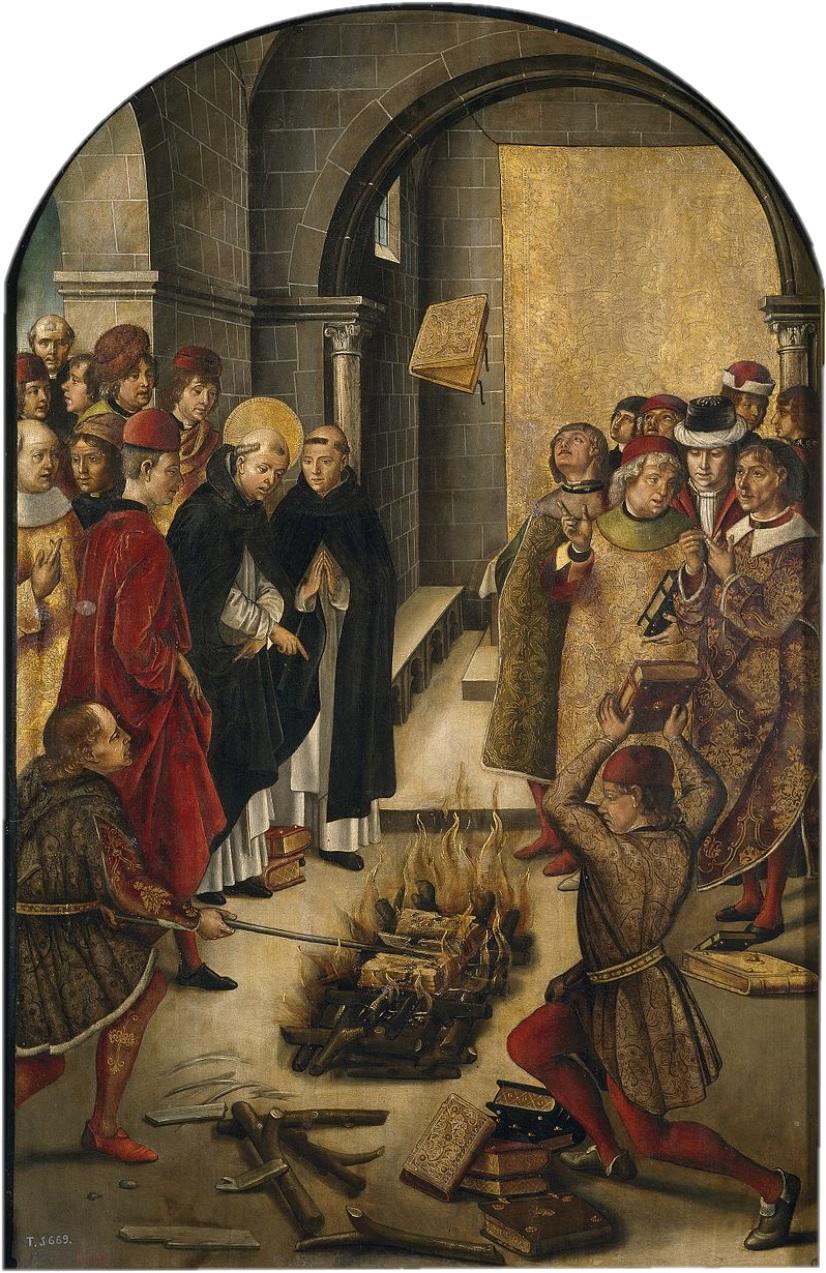Heresy, inquisition and society: southern France c. 1150-1300

The south of France – modern day Provence and Languedoc - was, in the central middle ages, a society both rural and urban, mercantile and ‘feudal’, almost totally independent of outside rule, possessed of a strong local Troubadour culture, but accustomed also to the international passage of pilgrims and merchants.
During what we might call the ‘long thirteenth century’, a heretical sect arose there that frightened the Catholic Church more than any other: the Cathars. Between 1209 and 1229 northern French crusaders, led initially by a papal legate, attempted to crush the south. By the mid thirteenth century, papally-appointed inquisitors had questioned literally thousands of ordinary people about their beliefs. Inquisitors and townsfolk clashed repeatedly in the coming decades, but by the third decade of the fourteenth century, the heresy was eradicated, whilst the process of inquisition had been refined into a powerful tool with a variety of applications.
But did ‘Cathars’ really exist? That name was never used by the heretics themselves (they called themselves ‘good men’ and ‘good women’) and it has been argue that they did not actually hold the dualist beliefs alleged against them by orthodox theologians. Moreover, how much power did inquisitors really wield? They were small in number, were thrown out of various towns at different points in time, and were even murdered on occasion. And how did the particular contours of southern French society relate to faith and persecution? This was a period in which lordship was often shared and divided within families; in which notaries and a vernacular written culture were very important; and where women held a somewhat more equal status in certain regards than one would find in northern Europe.
This Special Subject makes use of a range of evidence, including chronicles, literature, civic customs and charters to explore southern France in the central middle ages; and in particular, allows us to form our own understanding of both ‘heresy’ and inquisition through the extensive records left by the process of inquisition.
This material is intended for current students but will be interesting to prospective students. It is indicative only.
